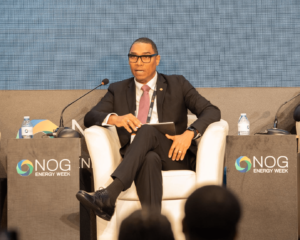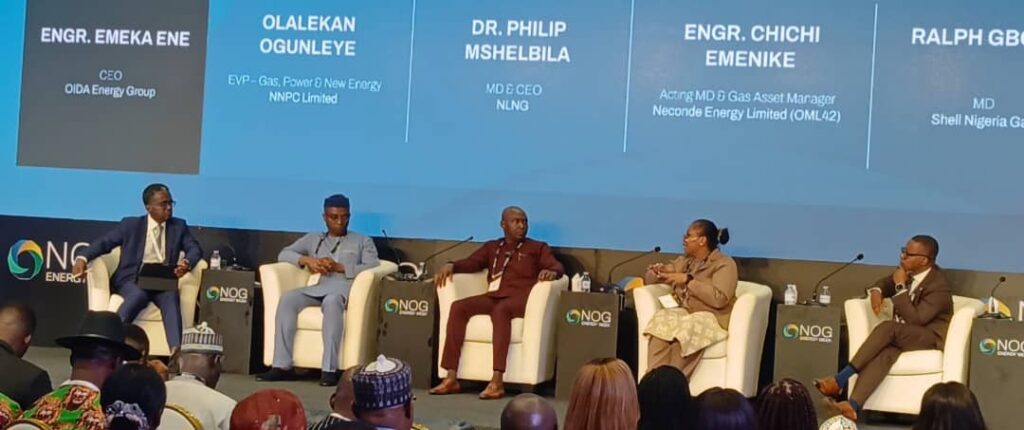
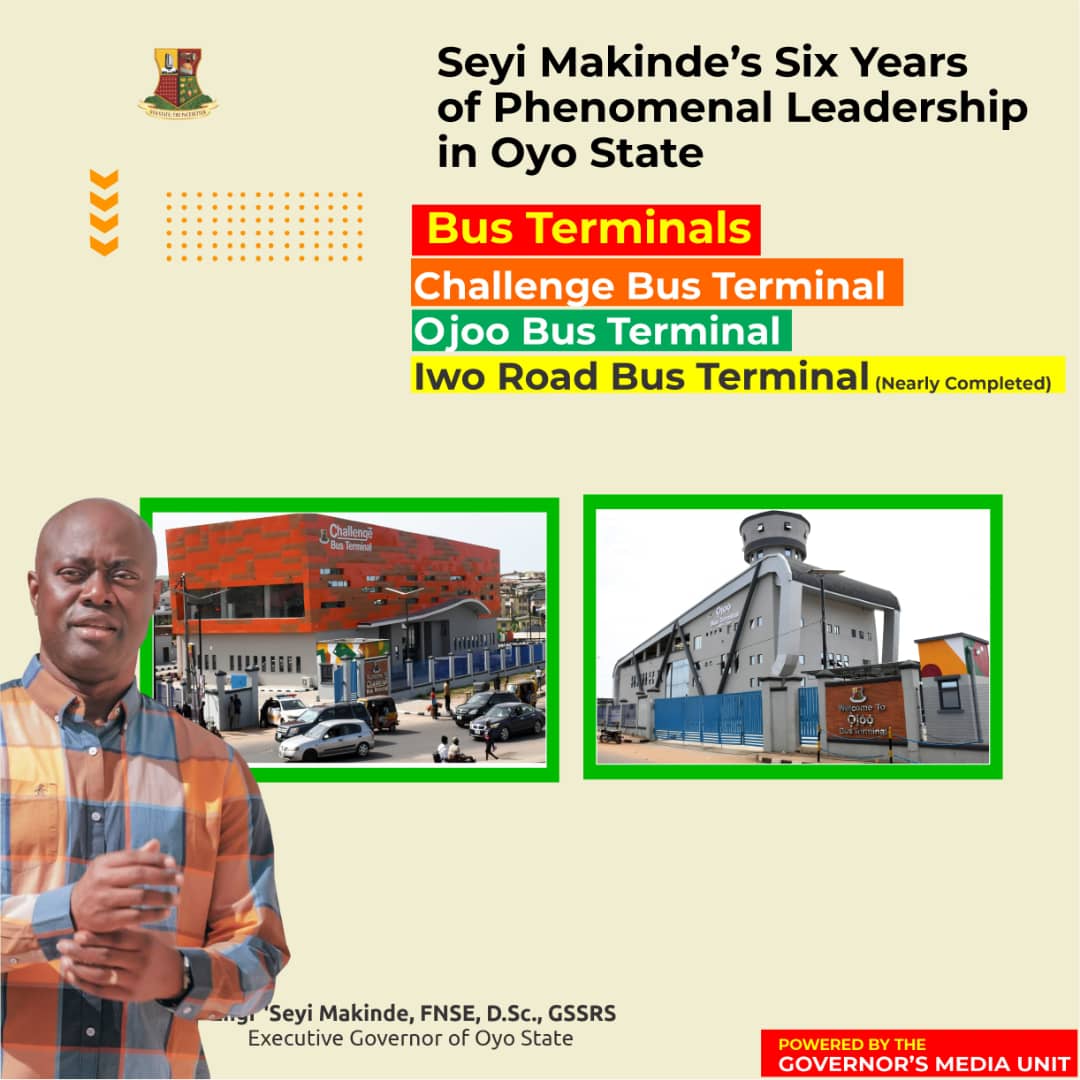
NLNG, NNPCL, SHELL PRAISE PIA FOR BOOSTING NIGERIA’S GAS SECTOR
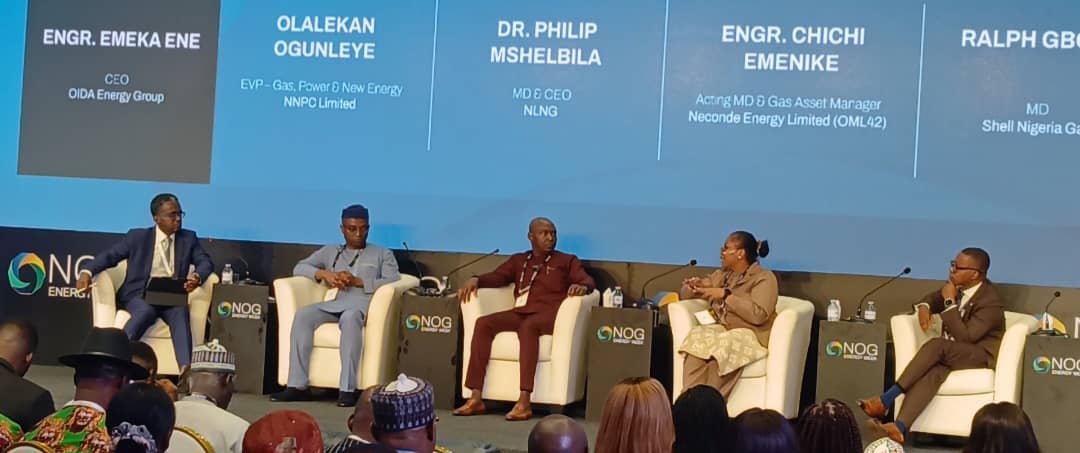
GREATRIBUNETVNEWS–THE Nigerian LNG Limited (NLNG), Nigerian National Petroleum Company Limited (NNPCL), and Shell have commended the Petroleum Industry Act (PIA) for driving growth and investment in Nigeria’s gas sector. Speaking at the 2025 Nigeria Oil and Gas Conference, industry leaders highlighted the PIA’s role in removing structural bottlenecks and improving the investment climate.
THIS POST IS SPONSORED BY SHELL NIGERIA
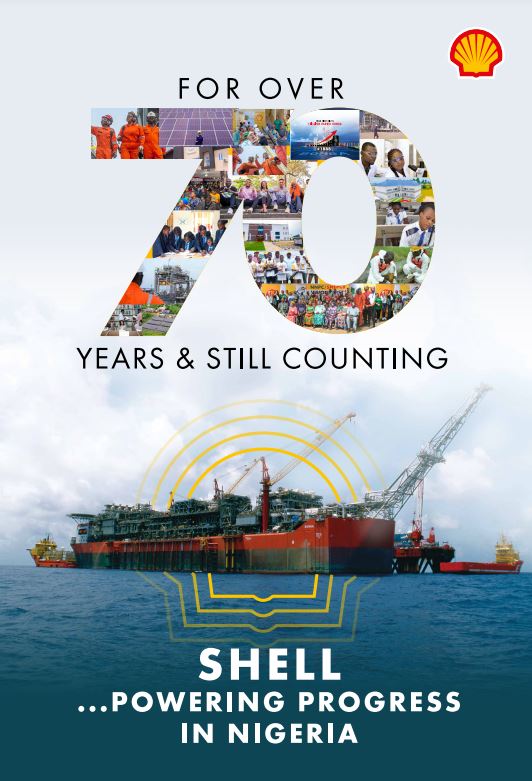
Key Highlights:
– Growth Catalyst: The PIA has been credited with catalyzing growth and investment in Nigeria’s gas sector.
– Removing Bottlenecks: The Act has helped remove structural bottlenecks, creating a more favorable investment environment.
– Industry Collaboration: The collaboration between NLNG, NNPCL, Shell, and other stakeholders is expected to further boost Nigeria’s gas development
Speaking at a high-level panel session themed “Accelerating Gas Development for Domestic & Global Energy Needs” during the 2025 Nigeria Oil and Gas, NOG, Conference in Abuja, the Managing Director and CEO of NLNG, Philip Mshelbila, emphasized that Nigeria’s gas development is finally gaining traction largely due to the PIA’s impact in removing structural bottlenecks and improving the investment climate.
“The Petroleum Industry Act has dealt with many of the longstanding issues that plagued the gas sector. From supply shortfalls to transportation constraints and governance inefficiencies these challenges are being addressed, allowing for renewed momentum in investment and production,” Mshelbila said.
He noted that prior to the implementation of the PIA, Nigeria’s gas sector was hampered by inadequate infrastructure and fragmented governance.
However, the new regulatory framework has not only stabilized the fiscal environment, but has also begun to attract significant foreign direct investment, FDI, especially after the issuance of the Presidential Directive on Gas.
“At NLNG, we have seen an uptick in supply and an increasing number of projects lined up,” he said. “This shows investor confidence in the reforms.”
Mshelbila called for greater collaboration among stakeholders, government, regulators, investors and communities to build on the current momentum.
He stressed the importance of integrating assets across the gas value chain and adopting capital-efficient models to deliver long-term value.
“We need better integration and coordination of existing assets,” he said. “Floating LNG, for example, is one area we must explore aggressively. We’ve done it before. We can do it again.”
Referencing Qatar’s remarkable rise in LNG output, Mshelbila challenged Nigeria to aim higher. “Qatar started LNG export in 1997 and is now targeting 110 million tonnes per annum. Nigeria started in 1999 and we’re celebrating 30 mtpa. We need to change that mindset,” he said.
He warned that continuous discussions without results would only drive investors away. “Talk is cheap. Performance is what speaks. We must build an environment where investment brings real returns. That’s what makes narratives believable not just speeches, but outcomes.”
According to other panelists, Olalekan Ogunleye, EVP-Gas, Power & New Energy, NNPC Limited, Ralph Gbobo, MD, Shell Nigeria, Gas, the PIA has repositioned Nigeria to harness its gas potential not just for local use, but also for global energy markets.
Industry players unanimously agreed that the PIA’s impact is beginning to yield tangible benefits, but that sustained effort, strategic investment, and performance-driven collaboration are required to fully actualize Nigeria’s “Decade of Gas” vision.


